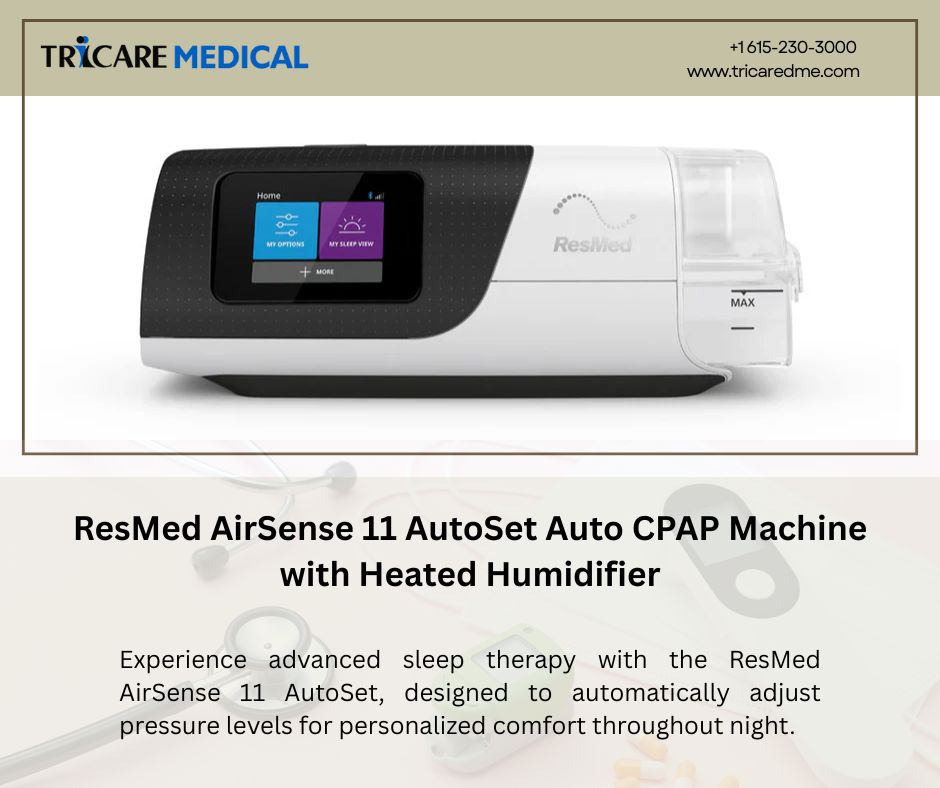Essential Medical Supplies and Their Impact on Healthcare
- 4 min reading time
Medical supplies play a paramount role in delivering quality healthcare, serving as the backbone of medical interventions and treatments. Explore the vital role of medical supplies in healthcare and how they impact patient care, safety, and treatment outcomes.
Impact of Essential Medical Supplies
From accurate diagnosis to effective treatment, medical supplies are indispensable tools that enable healthcare professionals to provide optimal care. Diagnostic supplies, such as imaging equipment and laboratory tests, aid in identifying diseases and conditions, allowing for timely intervention.
Essential instruments and equipment support surgical procedures, medication administration, and vital monitoring, ensuring precise and targeted care. Moreover, medical supplies are crucial in infection control and patient safety, encompassing personal protective equipment, sterilization tools, and disinfectants. By adhering to safety protocols and utilizing high-quality supplies, healthcare providers safeguard patients from preventable infections and complications.
Furthermore, medical supplies play a pivotal role in chronic disease management, empowering patients through devices like insulin pens, inhalers, and monitoring tools, thus enhancing their quality of life. In emergency situations and disasters, well-stocked medical supplies become lifelines, enabling swift and effective responses to save lives. By allocating resources equitably and addressing disparities, outsourcing healthcare billing, healthcare systems can ensure that all individuals have access to the essential medical supplies they require.
In essence, the availability and utilization of reliable and well-maintained medical supplies are fundamental to the delivery of quality healthcare, ultimately improving patient outcomes and fostering a healthier society.
Significance of PPE during infectious disease outbreaks
When the COVID-19 pandemic began, many health systems, despite their efforts to quickly adapt, soon began running out of essential supplies such as gloves, gowns, and N95 masks. This shortage—combined with unpredictable patient volumes and, more recently, rising inflation—has highlighted the importance of a well-performing, strategic supply chain.
During infectious disease outbreaks, personal protective equipment (PPE) plays a crucial role in preventing the transmission of pathogens and safeguarding the health and safety of healthcare workers and the general public. Here's a briefing on the significance of PPE during such outbreaks:
-
Transmission Prevention:
- PPE acts as a barrier between individuals and infectious agents, preventing direct contact and reducing the risk of transmission.
- It includes items like masks, gloves, gowns, face shields, and goggles that shield healthcare workers from exposure to respiratory droplets, bodily fluids, and contaminated surfaces.
-
Protection for Healthcare Workers:
- Healthcare workers are at the forefront of infectious disease management and are at higher risk of exposure to pathogens.
- Properly worn PPE provides a vital layer of defense, minimizing the risk of healthcare-associated infections and protecting the workforce.
-
Patient Safety:
- PPE not only protects healthcare workers but also prevents infected healthcare personnel from transmitting the infection to vulnerable patients, particularly those with compromised immune systems.
- By ensuring healthcare workers' adherence to PPE protocols, healthcare facilities can maintain a safe environment for patients and reduce the risk of cross-contamination.
-
Community Spread Prevention:
- During outbreaks, wearing appropriate PPE by the general public, such as masks and hand gloves, helps curb the transmission of infectious agents from person to person.
- PPE usage, coupled with other preventive measures like hand hygiene and social distancing, assists in reducing community spread and controlling the outbreak.
-
Preservation of Healthcare Resources:
- By utilizing PPE effectively, healthcare systems can help prevent outbreaks among healthcare workers, reducing the burden on medical facilities and preserving healthcare resources.
- This ensures that medical resources, such as hospital beds, ventilators, and medications, are available for those in critical need.
-
Confidence and Trust:
- Adequate availability and utilization of PPE instill confidence in both healthcare workers and the public, fostering trust in the healthcare system's ability to manage outbreaks effectively.
- Visible adherence to PPE guidelines helps alleviate fears and enhances public cooperation with preventive measures.
-
Compliance with Infection Control Measures:
- PPE serves as a tangible reminder and motivator for adherence to infection control protocols, including hand hygiene, respiratory etiquette, and proper disposal of contaminated materials.
- It reinforces a culture of infection prevention and control, promoting a safer environment for both patients and healthcare workers.
In summary, PPE is of utmost significance during infectious disease outbreaks as it serves as a frontline defense, preventing the transmission of pathogens, protecting healthcare workers and patients, minimizing community spread, preserving healthcare resources, and fostering confidence in the healthcare system's ability to combat the outbreak effectively.



